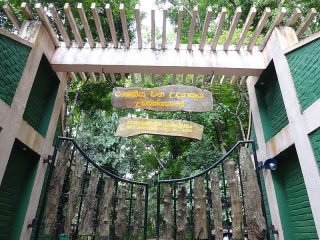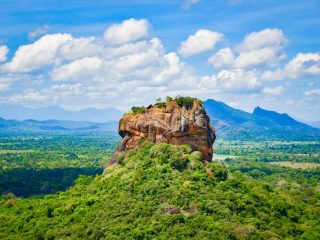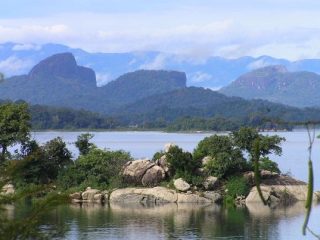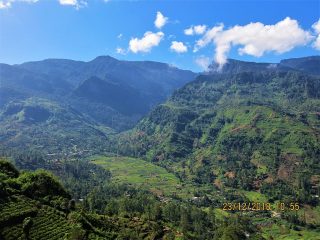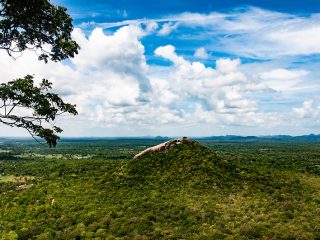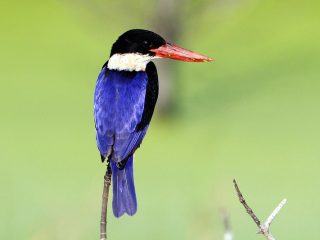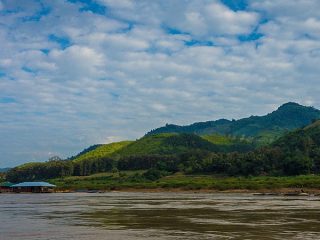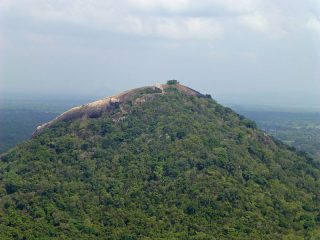Nature has developed some intriguing techniques to combat problems and mangroves and marshlands are certainly some of these strategies. Mangrove forests are believed to assist in preventing soil erosion and contribute to making the water clearer and cleaner. The roots of the mangroves seek to absorb the shock of the ocean waves and prevent the current from sweeping away the sand thereby eroding the coastal belt. Mangroves also function as a filter that removes pollutants from sea water and has further been suggested as a long term solution to global climate change as well. In addition, marshlands operate in such a manner as to retain water and prevent flooding during heavy rains. As a result, both mangroves and marshes play an important role in preserving the delicate balance of nature.
In Sri Lanka, mangrove habitats are found in abundance around the coastal belt in areas such as Colombo, Galle, Trincomalee, Kalutara and Negombo while the largest of its kind are found in Puttalam, Trincomalee and the Kala Oya Basin. These mangroves are also home to a number of mangrove fish such as the Mono Argenteus and the Etroplus Surantensis. Birds such as Kingfishers and a number of reptiles and amphibians also make up the eco system of a mangrove. Therefore, for guests staying at any Negombo hotel, the Muthurajawela Marsh is an ideal place to observe such animals in their natural habitat as the Marsh is filled to the brim with unique creatures. Hotels such as Hotel J will ensure that such a visit will be readily arranged for any enthusiastic tourist and requests for a guide will also be accommodated.
However, a guide is inessential to this excursion for the natural beauty speaks for itself as the Marsh, being the largest saline wetland in the country, attracts Kingfishers, Cormorants, Purple Herons and a number of other exotic species.
Chandrishan Williams is a travel writer who writes under the pen name, Caleb Falcon. He specializes in writing content based on the many exciting world adventures that await intrepid travellers. Google+

